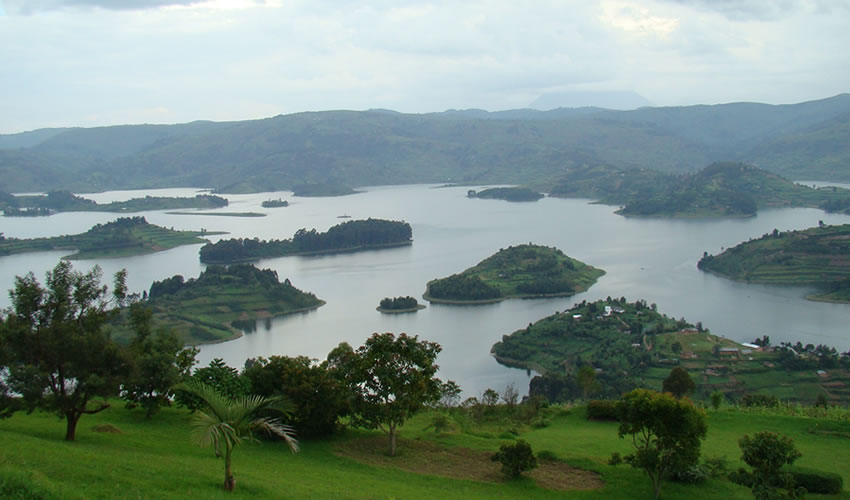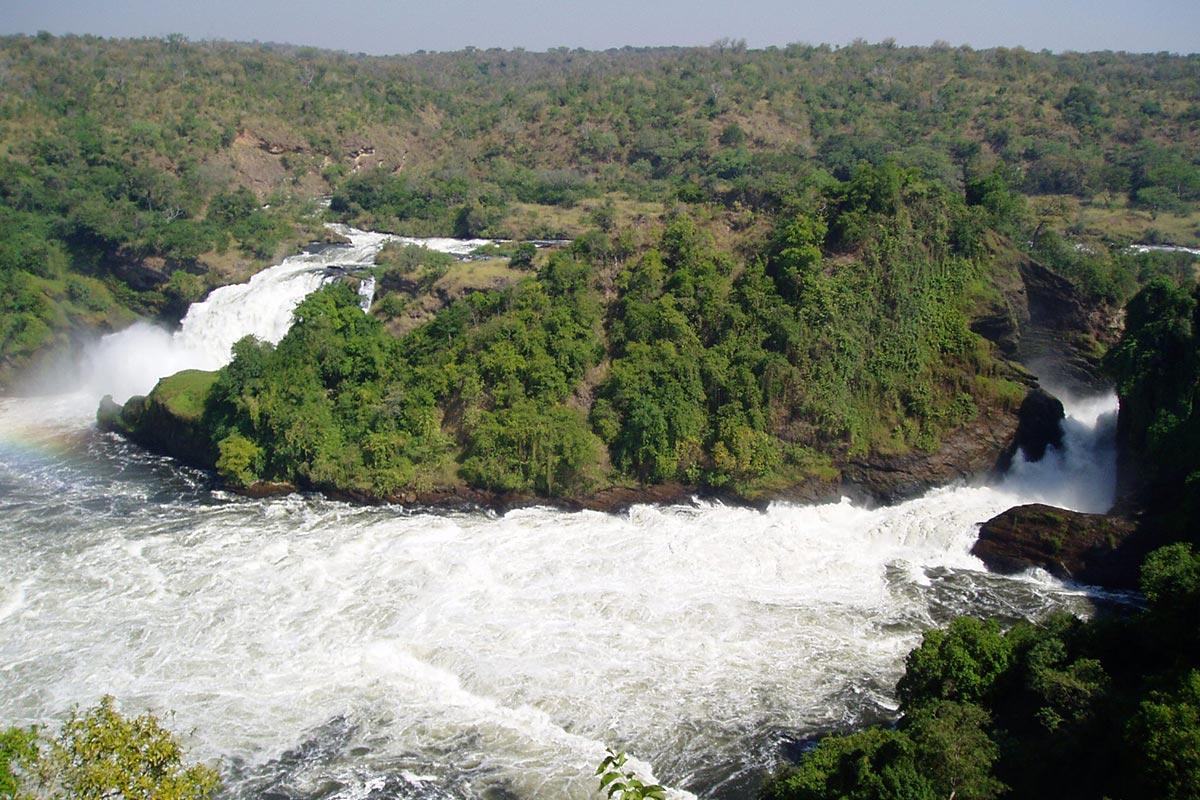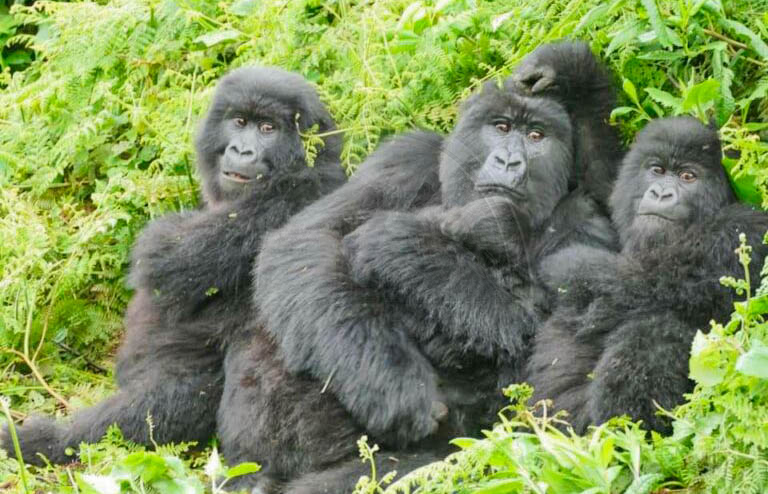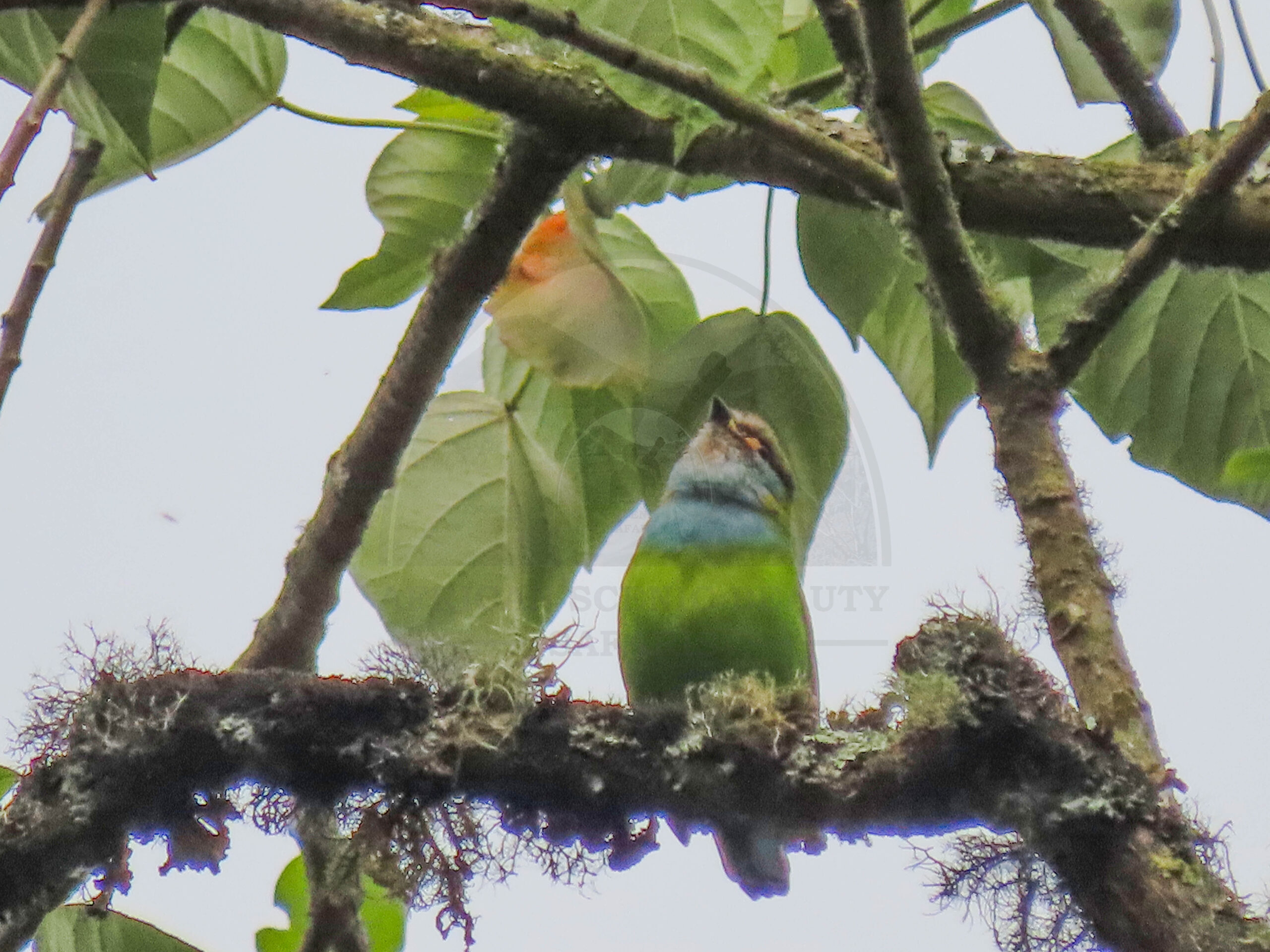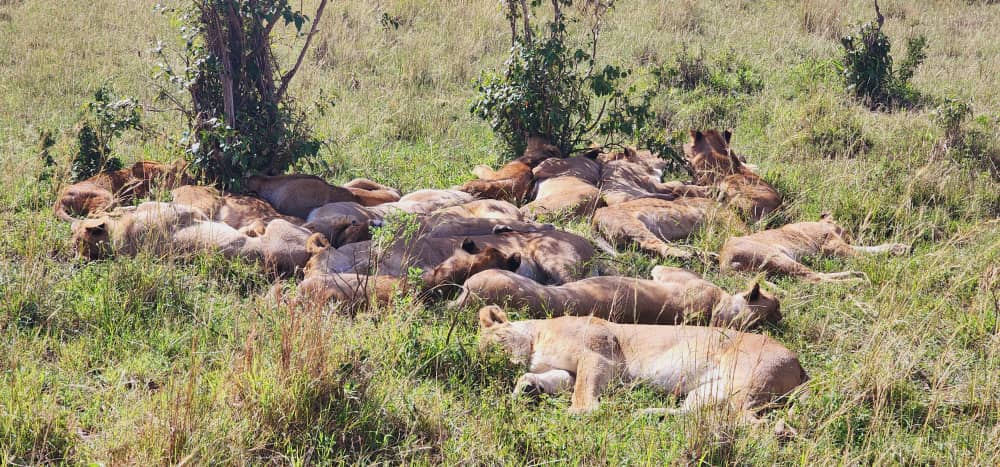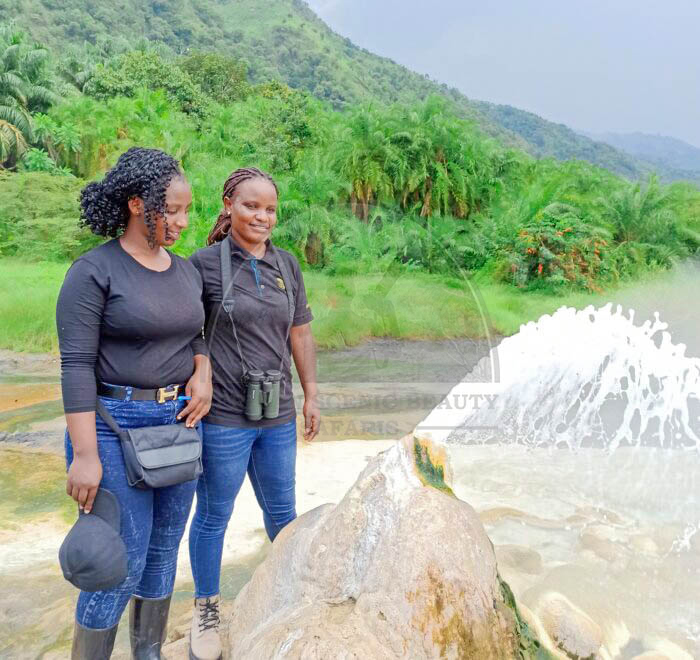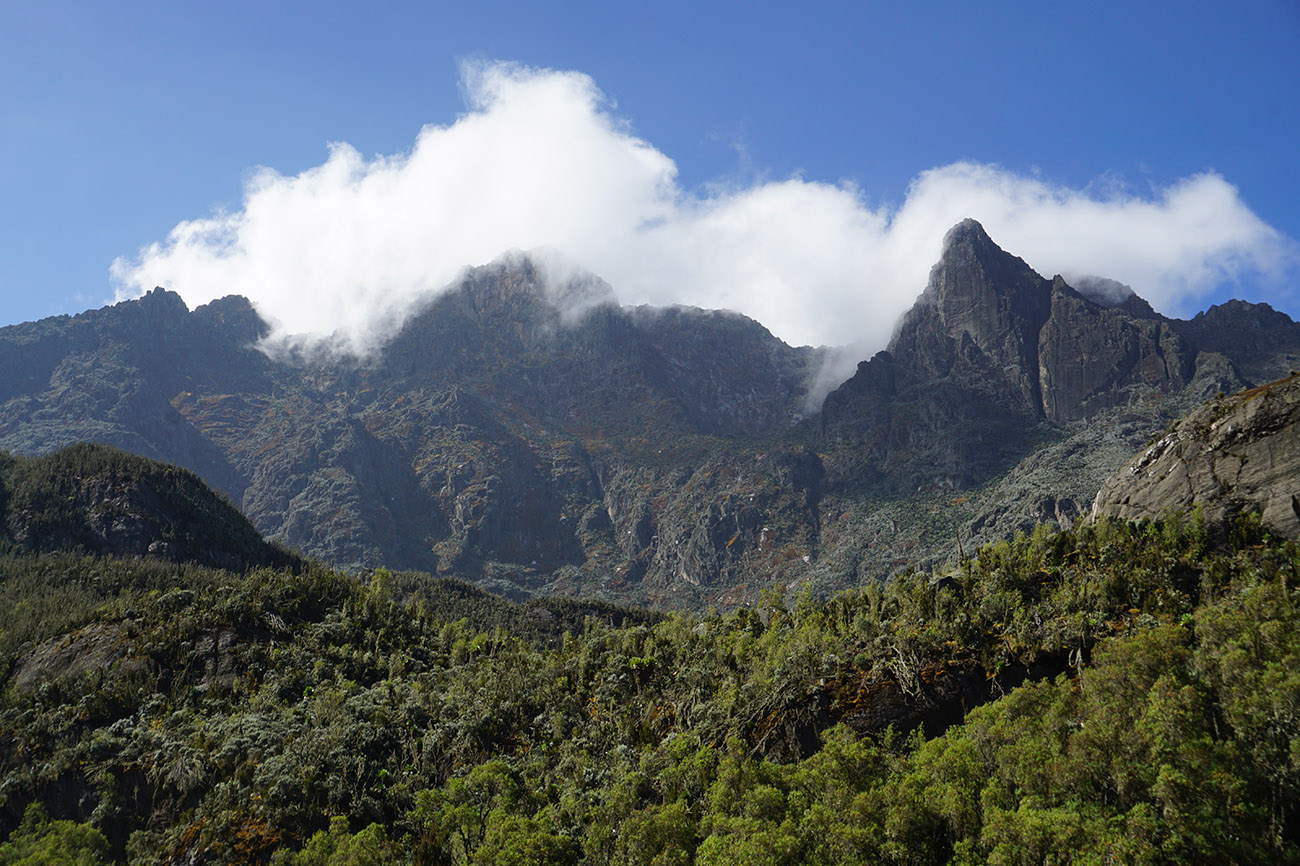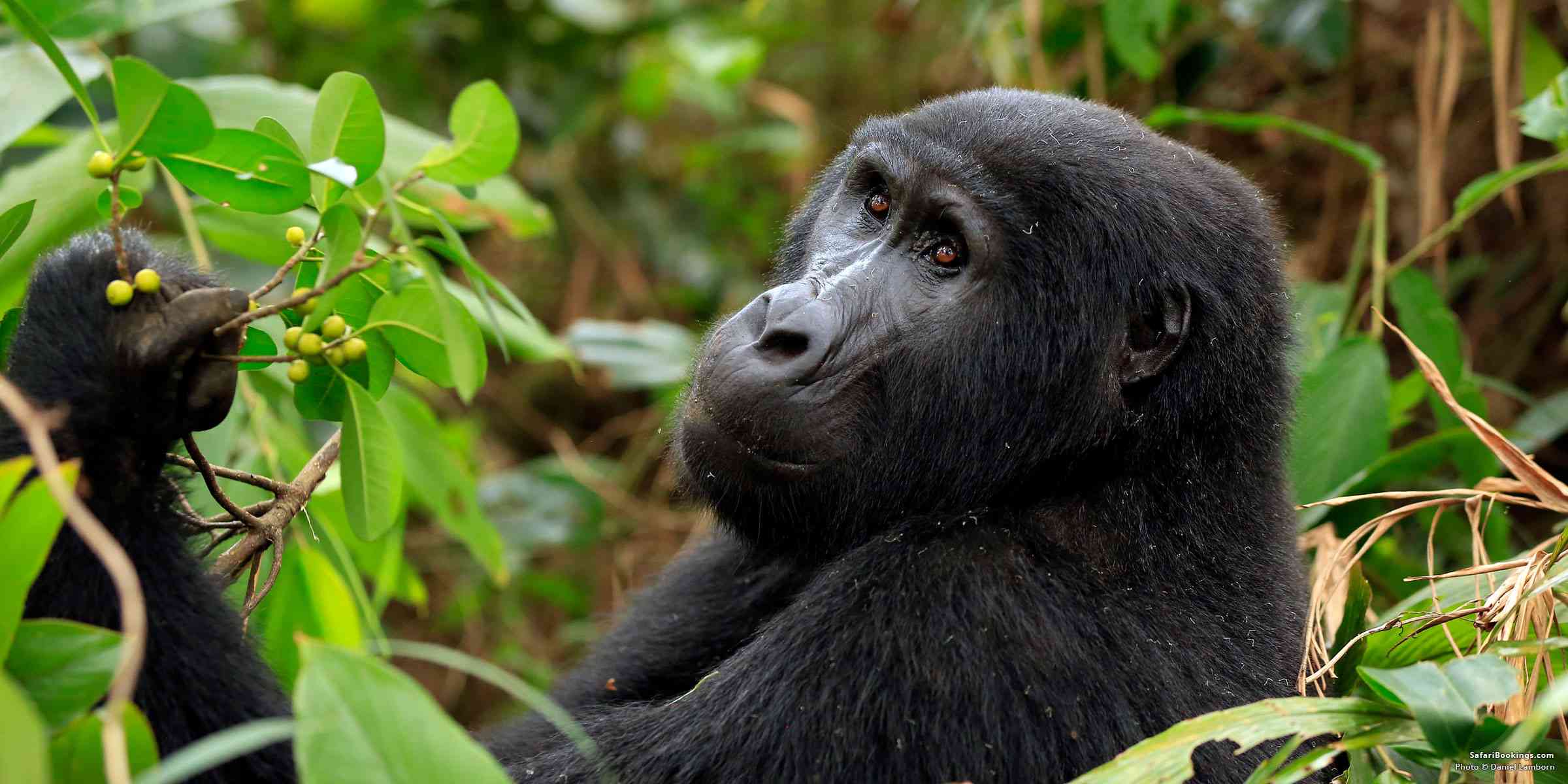Destination: Kampala City
Early History: Kampala’s history dates back centuries before colonization. It was originally inhabited by the Baganda people, who established the powerful Buganda Kingdom. The city’s name “Kampala” is believed to have been derived from the Baganda words “kasozi k’empala,” meaning “hill of antelopes,” which referred to the city’s hilly terrain.
Colonial Era: In the late 19th century, British explorers and missionaries arrived in the region, recognizing its strategic importance. Uganda became a British protectorate, and Kampala was chosen as the administrative center. The British influence led to the development of infrastructure, including roads and railways.
Independence and Post-Independence Era: Uganda gained independence from British colonial rule in 1962, and Kampala was named its capital. The city symbolized the nation’s newfound freedom and aspirations. However, the country faced political turmoil and instability in the following decades, with periods of authoritarian rule and civil unrest.
Recent History: In recent years, Kampala has witnessed significant development and transformation:
- Economic Growth: Kampala has experienced rapid urbanization and economic growth. It has become a hub for trade and commerce, with a thriving informal sector and a growing middle class.
- Infrastructure Development: The city has seen improvements in infrastructure, including road networks, public transportation, and the construction of modern buildings. The Kampala-Entebbe Expressway and the completion of the Entebbe International Airport expansion have enhanced connectivity.
- Education and Healthcare: Kampala is home to numerous educational institutions, including universities and schools, making it a center for learning in Uganda. Healthcare facilities and services have also improved over the years.
- Cultural Diversity: The city’s population is diverse, with people from various ethnic backgrounds and cultures coexisting harmoniously. This diversity is reflected in its arts, music, and cuisine.
- Tourism: Kampala offers a mix of historical and cultural attractions, such as the Kasubi Tombs, the Uganda Museum, and the Lubiri Palace. Tourists visit the city for its vibrant markets, festivals, and proximity to natural wonders like Lake Victoria.
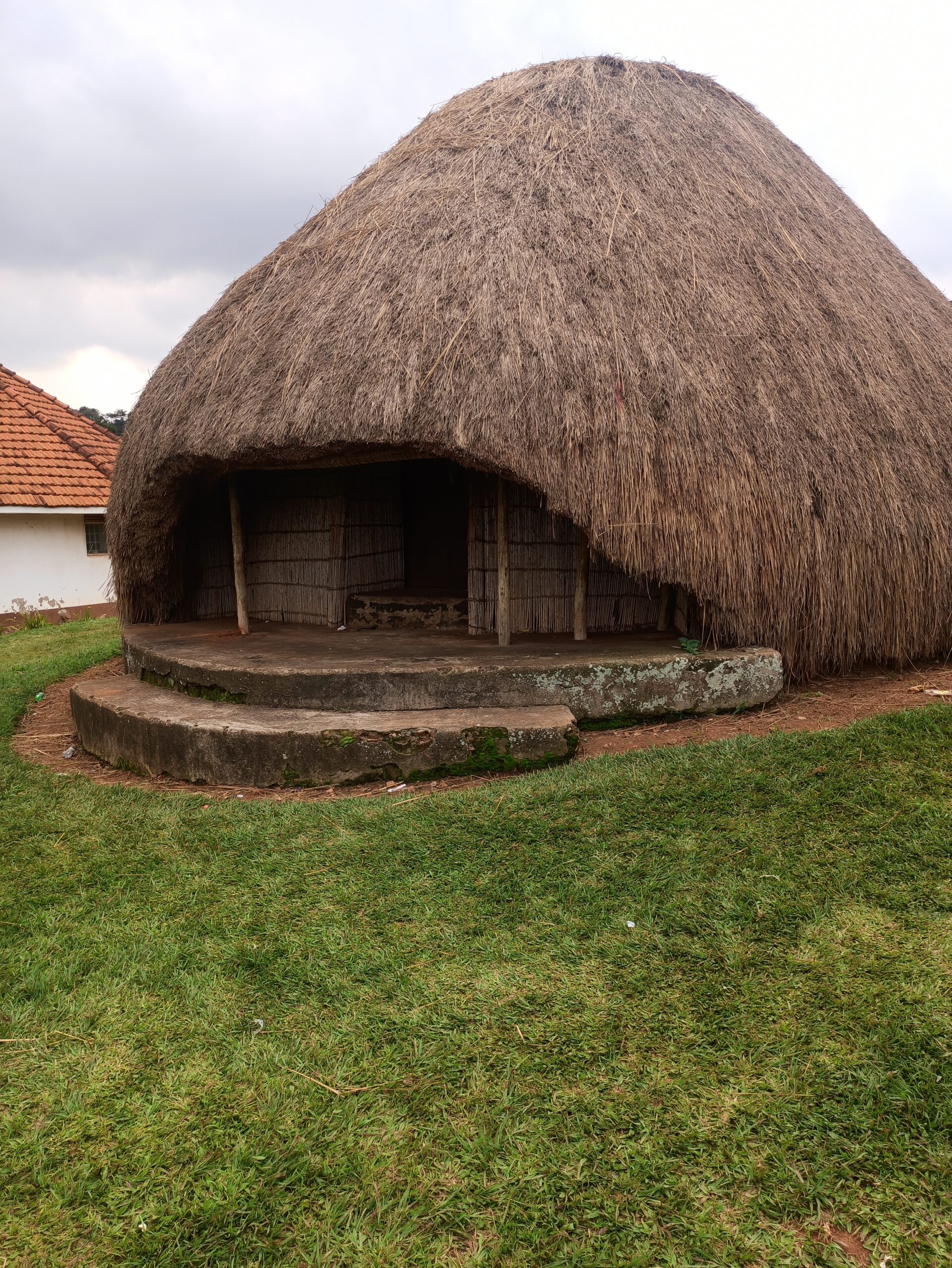
- Challenges: Despite progress, Kampala faces challenges such as traffic congestion, inadequate public services, and urban sprawl. These issues are being addressed through urban planning and development initiatives.
- Political Stability: Uganda has experienced relative political stability in recent years, with President Yoweri Museveni remaining in office. The political landscape, however, continues to evolve, with periodic elections and debates on governance and democracy.
As of my last knowledge update in September 2021, this overview provides a snapshot of Kampala’s history up to that point. Since then, further developments and changes may have occurred, shaping the city’s ongoing narrative as a dynamic and ever-evolving capital of Uganda.
3 days Lake Bunyonyi and Gorilla trekking Safari
3 days Lake Bunyonyi and Gorilla Trekking Safari takes you to Bwindi impenetrable forest national Park and Recreation tour on Lake Bunyonyi offers you a rewarding encounter with the critically endangered mountain gorillas in the hilly forested landscapes of Bwindi impenetrable national park dubbed the Impenetrable and thrilling romantic recreation at Lake Bunyonyi whose 29…
From Free
3 Days Murchison Falls Safari
3 Days Murchison Falls Safari gives you the best of what Murchison Falls National Park has to offer. You will experience a boat cruise on the Nile spotting animals on the banks. Have plenty of time to explore the savanna with its giraffes, and elephants and search for lions during 2 game drives. See the…
From Free
5 Days Gorilla Trekking Safari
5 Days Gorilla Trekking Safari takes you to the misty Bwindi Impenetrable forest for gorilla trekking and an adventurous boat ride and Queen Elizabeth for the tree-climbing lions at the Ishasha plains.
From Free
23-days birding Itinerary to Uganda
A 23-days birding Itinerary to Uganda. Sites to be visited include Mabamba, Lake Mburo N.P, Mgahinga N.P, Bwindi N.P Queen Elizabeth N.P, Semliki N.P, Kibale N.P, Budongo forest, Murchison Falls N.P, and Mabira Forest.
From Free
17 Days Birding Safari in Uganda
This is a once-in-a-lifetime bird Watching and game-viewing experience in this 17 Days Birding Safari in Uganda. This Safari takes you to all of Uganda’s prime birding spots including Africa’s number one bird-watching spot, RUHIJJA in Bwindi Impenetrable National Park. You have the opportunity to see specialties from the Albertine Rift Mountains and from the…
From Free
14 Days Uganda Wildlife Tour
14 Days Uganda Wildlife Tour will take you on your Uganda safari to explore big game viewing, mountain gorilla and chimpanzee trekking, and boat cruises along Uganda’s waters. Uganda surely commands a voice in eco-tourism, among the attractions Uganda boasts are primates, abundant games, bird life, and scenic beauty. On 14 days safari we shall…
From Free
14 Days Uganda Birding Trip
14 Days Uganda Birding Trip This is a once-in-a-lifetime bird Watching and game-viewing experience. This Safari takes you to all of Uganda’s prime birding spots including Africa’s number one bird-watching spot, RUHIJA in Bwindi Impenetrable National Park. You have the opportunity to see specialties from the Albertine Rift Mountains and from the five biome species…
From Free
10 Days Mountain Rwenzori Hiking safari
Rwenzori mountain national park is located in western Uganda within the “mountains of the moon” as Mount Rwenzori is called. Mount Rwenzori is situated in western Uganda in the East African rift valley and straddles also to DRC Congo its conservation are known as Virunga national park. 10 Days Mountain Rwenzori Hiking safari, the mountain…
From Free
3 Days Gorilla Trekking
3 Days Gorilla Trekking The cost of a gorilla tour is expensive but an encounter with mountain gorillas is the ultimate wildlife experience. Whereas a safari to spot the big five is great, nothing beats watching mountain gorillas in their natural habitat – Gorillas are our relatives. It is estimated that only about 1000 Mountain gorillas now survive…
From Free

